Framework Programme 10: ALLEA Advocates for Widening Scientific Cooperation and Freedom of Research
In a recent stakeholder consultation, ALLEA, through its Working Group on the European Research Area, submitted guiding principles to the European Commission for the development of the next EU Framework Programme for Research and Innovation (currently referred to as ‘Framework Programme 10’), the successor of Horizon Europe, which will begin in 2028. Its stance on Framework Programme 10 (FP10) underscores the importance of global thinking and action, widening participation, and promoting research capacities to address ongoing inequalities – within and beyond the EU.
A central theme in the submitted position is the protection of academic freedom and research integrity, which it views as essential for scientific progress and innovation. ALLEA especially calls for greater support for currently underrepresented researchers (including early- to mid-career researchers and researchers from EU15 countries,) and urges funding schemes to foster creativity and innovation.
The position highlights the significance of existing schemes for widening participation in EU research projects, which encourage collaboration and support less well-resourced institutions. It emphasises the need for excellence to be distributed fairly across the EU and neighbouring nations to advance research continuously and effectively, as well as reduce inequalities in the research ecosystem.
ALLEA further stresses the need for strengthening basic research, as well prioritising long-term institutional funding models over project-based financing, simplification of application and evaluation procedures, and the importance of multi-, inter-, and transdisciplinary research.
In conclusion, ALLEA’s position on FP10 emphasises global collaboration, widening participation, research freedom, and simplification, ultimately advocating for a more inclusive and diverse approach to European research funding.
The stakeholder consultation was conducted under the umbrella of the European Research and Innovation Area Committee (ERAC) Ad-hoc Task Force on “Guidance for the next Framework Programme for R&I”. This task force will write an opinion, which is due to be adopted by ERAC in June 2024, in order to provide the Commission with timely input for the next Framework Programme.

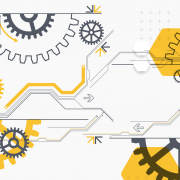

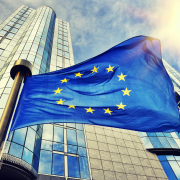
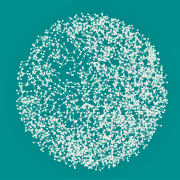
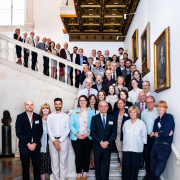
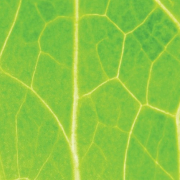
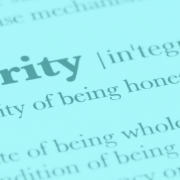

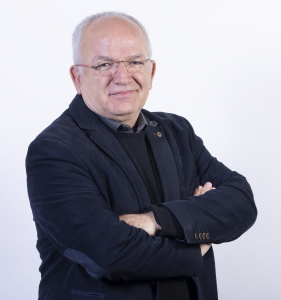
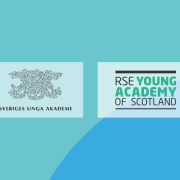
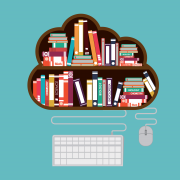
 Open Consultation
Open Consultation